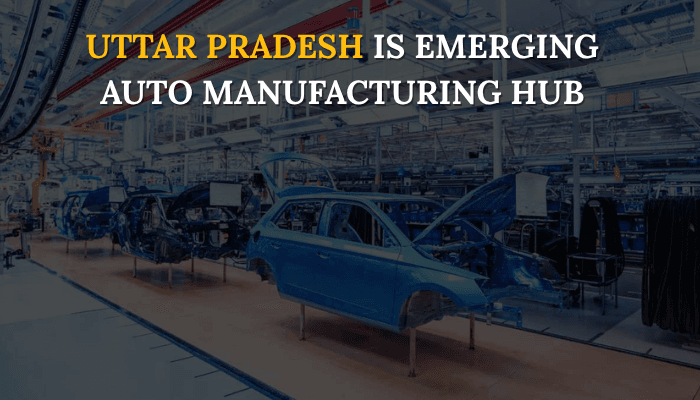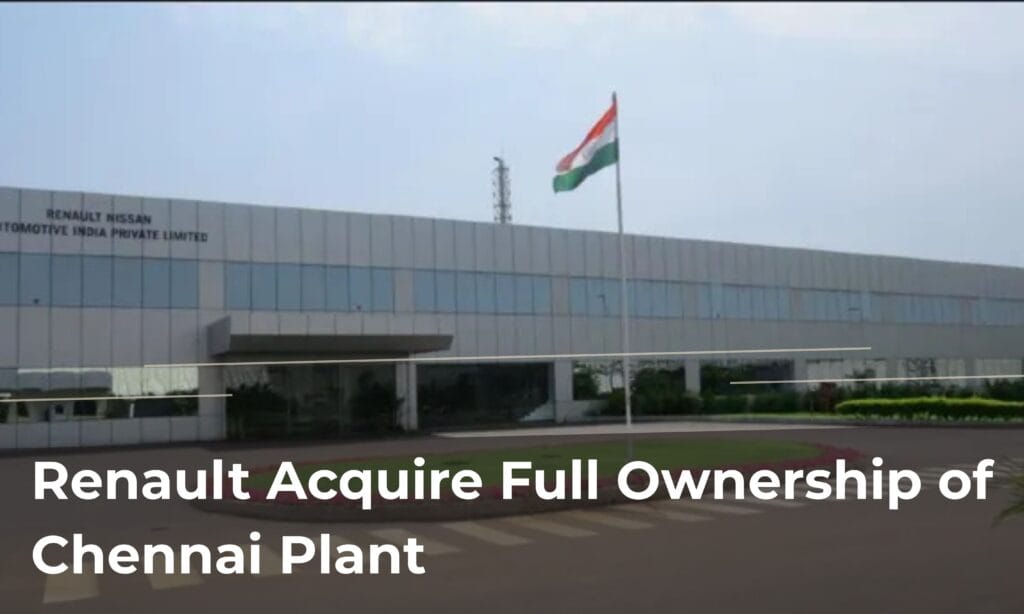Honda Cars India has achieved a significant milestone by ensuring that its entire lineup of vehicles is now compatible with E20 fuel—a blend of 20% ethanol and 80% petrol. This move aligns with the Indian government’s push for cleaner fuel alternatives and reduced dependence on crude oil imports.
What is E20 Fuel?
E20 fuel is a mixture of ethanol (a renewable fuel derived from crops like sugarcane, maize, and rice husk) and petrol. Compared to regular petrol, ethanol-blended fuel burns more efficiently, leading to lower emissions and reduced air pollution. The Indian government has mandated that from April 1, 2025, all gasoline-powered vehicles, including hybrids, must be E20-compliant.
Honda’s Commitment to E20 Fuel
Honda has been preparing for this transition for years. Since January 1, 2009, all Honda cars manufactured in India have been compatible with ethanol-blended fuel. This means that even older Honda models can run on E20 without modifications, making the shift smoother for existing Honda customers.
Kunal Behl, Vice President of Marketing & Sales at Honda Cars India, emphasized,
“At Honda, we have been preparing for this transition for years. Our cars have been E20-compatible since 2009, ensuring that our customers can adopt greener fuel without any modifications.”
Honda Models Now E20-Ready
The Honda City, Elevate, City e:HEV, and Amaze are now officially certified for E20 fuel. The second-generation Amaze, still available in early 2025, also received this certification in January.
While engine specifications remain unchanged, these models now support ethanol-blended fuel without affecting performance or durability.
- Honda Elevate & City: Continue to use a 1.5-litre petrol engine.
- Honda Amaze: Runs on a 1.2-litre i-VTEC engine with 89 bhp and 110 Nm torque, available with a 5-speed manual or CVT automatic transmission.
- Honda City e:HEV Hybrid: Features a 1.5-litre petrol engine and two electric motors, producing 125 bhp and 253 Nm torque with an e-CVT transmission.
How Does E20 Fuel Benefit You?
Switching to E20 fuel brings several advantages for both the environment and consumers:
- Lower emissions: Reduces carbon footprint and helps combat air pollution.
- Cost savings: Reduces India’s dependence on imported crude oil, potentially lowering fuel prices in the long run.
- Support for farmers: Increased ethanol demand boosts income for sugarcane and maize farmers.
- No engine modifications needed: Existing Honda owners can use E20 fuel without any concerns.
Government Push for E20 Compliance
To promote sustainable fuel alternatives, the Indian government has mandated E20 compatibility for all new gasoline-powered and hybrid vehicles starting April 1, 2025. This is part of India’s broader strategy to reduce carbon emissions and reliance on fossil fuels.
What’s Next for Honda?
Honda continues to invest in sustainable mobility solutions, including hybrid and electric vehicle (EV) technology. With E20 compliance achieved, Honda is expected to focus on expanding its eco-friendly vehicle lineup in the coming years.
Final Thoughts
With all Honda cars now E20-compliant, customers can enjoy eco-friendly driving without any additional costs or modifications. As India moves toward cleaner energy solutions, Honda’s commitment ensures a smooth transition for its users while supporting sustainability efforts.
Drive Green with Confidence
Honda’s latest update ensures all models are now E20 fuel-compliant, reducing emissions and promoting a cleaner, greener future. But what does this mean for your car’s performance, efficiency, and long-term reliability?
Stay ahead with expert insights on fuel efficiency, engine health, and the latest automotive trends.
Follow My Car Wisdom for more car updates, tips, and expert advice!
Raja Yadav, the content writer at My Car Wisdom, brings a unique voice and style to our blog. With a knack for storytelling and a keen eye for detail, Raja ensures that every piece of content is informative, engaging, and easy to understand. His focus is on delivering high-quality articles that cater to both novice car owners and seasoned automotive enthusiasts.




